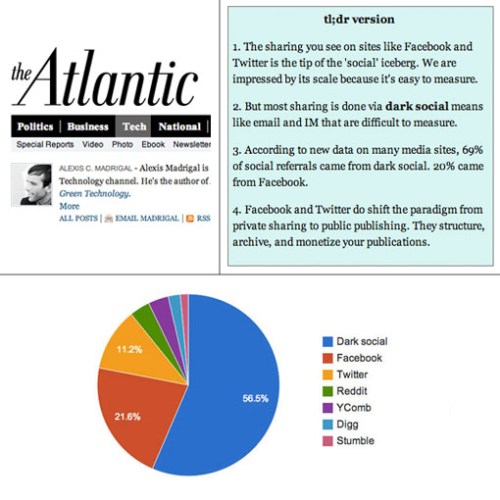Is social media changing traditional search engine optimisation?
22 Nov, 13 | by BMJ
Some argue that search engine optimisation (SEO) is a flawed concept. At its best, it means no more than following best practice in creating clear, accessible websites with intelligible content and meaningful titles. At its worst, it means compromising on engaging content in an effort to perform better within the mysterious algorithms that determine order rankings in Google search.
To add insult to injury, a striking post by Dan Graziano reveals that organic results may now only make up 13% of a Google search. Despite Google achieving search dominance by providing the best organic results, the company has begun to replace organic results with ‘revenue generating Google products.’ Google’s Adwords account for 29% of the page, while a Google Map takes up 7% and the navigation bar occupies 14% of the page (see image below).





